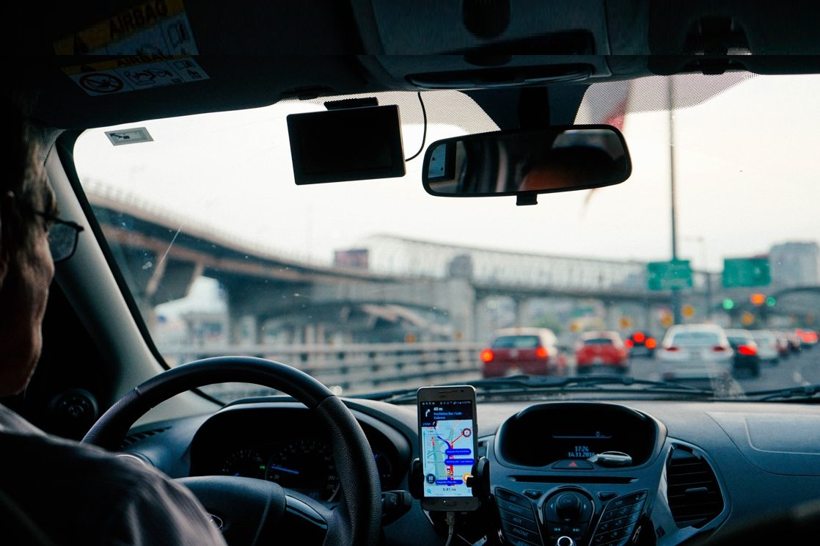
On Sunday, May 31st, Bangladesh reopened offices and transport services in a partial manner after more than two months of lockdown. As lockdown eases, although it appears another series of lockdown is looming on us, transport services such as public buses, minibusses, trains, and domestic airlines have resumed operations.
Bangladesh Road Transport Authority (BRTA) has asked all ridesharing services to stay off the roads until further notice. The decision gives a look into how policy makers and regulators view ride-hailing companies and the disadvantage of perception these new age transportation companies face when it comes to dealing with the regulators.
BRTA offers an explanation, ride-hailing, bike-hailing in particular, is not safe for passengers because of social distancing when you are riding a shared bike. On the other hand, ride-hailing companies argue that since ride-hailing is a more private form of transportation, it offers greater safety to passengers. And the companies also claim that they have taken enough preparations to ensure passengers' safety.
0/ On May 30th, the BRTA sent a letter to 12 ride-hailing service providers instructing them not to resume operation.
1/ BRTA offers an explanation for the decision: a significant percentage of ride-hailing is bike-hailing where social distancing is almost impossible making the service riskier for passengers. Contrary to that, the ride-hailing companies claim that they are much safer an option for users because they have taken enough measures to ensure safety of passengers.
2/ BRTA’s explanation is not entirely out of place. Bike-hailing does pose a challenge when it comes to social distancing. However, car-hailing is a far safer option, albeit expensive, than regular public transportation options. Ride-hailing companies have also announced multiple measures to improve safety measures of passengers.
3/ Ride-hailing companies individually as well as a group have taken a multi-prong strategy including a PR blitz with a series of articles, Op-Eds, and activism with a view to influence the perception of regulators.
4/ On June 1, a number of ride-hailing companies including Pathao, Uber, and Obhai wrote to BRTA seeking permission to resume operations emphasizing on these companies ability to ensure passenger safety.
5/ Uber said it has spearheaded the formation of a 'Transport Safety Alliance' in partnership with DBL Pharma, Zantrik, Dettol (Reckitt Benckiser) and Fresh Tissue. The alliance will raise safety awareness amongst consumers and equip drivers with necessary health and safety supplies to ensure safer rides.
6/ A number of reports in leading daily newspapers including one in the Daily Star suggest that ride-hailing companies are trying to use drivers’ cause and opportunity to earn a living as an argument for allowing the companies to reopen.
7/ While reopening these services will certainly benefit drivers, it needs to be mentioned here that no ride-hailing companies came forward to support these drivers amid lockdown when many of these drivers lost their only source of income.
8/ BRTA's acting Chairman Yousub Ali Mollah recently told The Daily Star that they decided to halt the operations as most vehicles under ridesharing services are motorcycles and maintaining a social distance might be difficult for passengers and riders. "If the situation changes, we will consider resuming this service."
